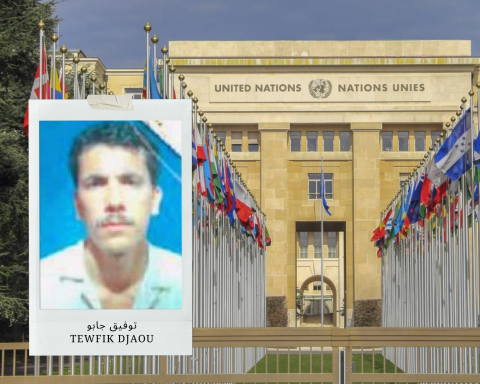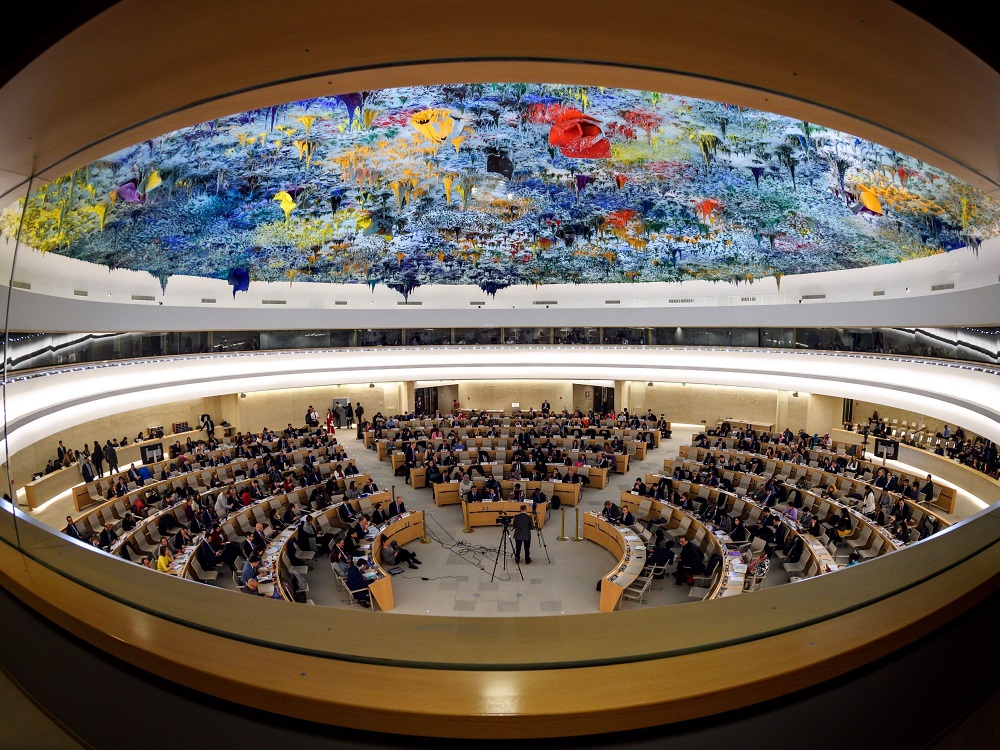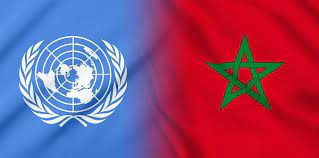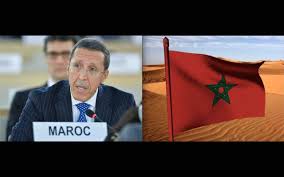The United Nations Human Rights Committee has once again established Algeria’s responsibility in the violations suffered by one of the victims of the 1990s repression, Tewfik Djaou, who has been missing since his abduction in Constantine by agents of the Department of Intelligence and Security (DRS).
In its decision, the Committee stated that the provisions of the “Charter for Reconciliation” are not applicable to persons who invoke the provisions of the International Covenant on Civil and Political Rights (ICCPR). As in its previous decisions, the UN body specified that the application of the Charter reduces the scope of the Covenant ratified by Algeria in 1989.
The Committee urged Algerian Authorities to release the victim if he or she is still being held incommunicado, to return the remains to the family if he or she has died, and to prosecute those responsible for the violations committed, while granting the family adequate compensation.
The Geneva-based NGO Alkarama had filed a complaint with the United Nations Human Rights Committee regarding the disappearance of the victim at the request of his father, Mohamed Djaou, now deceased, with the aim of having the direct responsibility of the Algerian authorities officially recognized.
By refusing to acknowledge Tewfik Djaou’s deprivation of liberty and by concealing his fate in spite of the searches carried out by his family, “the Algerian authorities have deliberately removed Tewfik Djaou from the protection of the law and have placed his life at constant and serious risk. The Committee’s independent experts have therefore considered that Algeria has failed in its obligation to protect the life of Tewfik Djaou,” the committee said.
The experts of the Committee have recognized the responsibility of the authorities of Algiers, because of the legal impossibility of recourse to a judicial body after the promulgation of the Charter which prohibits the use of justice to shed light on the most serious crimes committed by the security services.
The UN body therefore totally rejected the arguments of the Algerian State and approved Alkarama’s request, enjoining the authorities in Algiers to “conduct a prompt, effective, exhaustive, independent, impartial and transparent investigation into the disappearance of Tewfik Djaou and to provide detailed information on the results of this investigation.”



